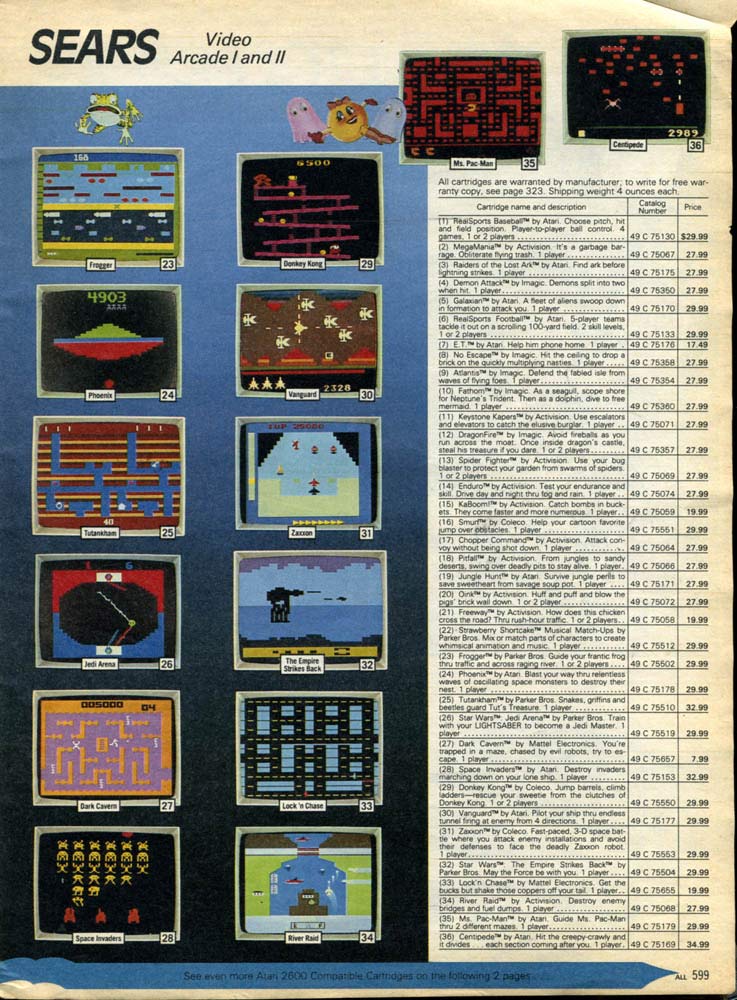-

$34.99 for Centipede on the Atari 2600 might sound cheap, but that 1983 price is the equivalent of roughly $90 today. [credit:
Retro Waste
]
When I was a kid, buying video games was an incredibly stressful process. In the late ’80s, I was too young to buy magazines to find out what games deserved my hard-earned pocket-money. So, in an experience all too familiar to many millennial gamers, I used my (poor) intuition to look at the box art to decide what to bring home.
At the time, a console title cost something in the realm of $100 in today’s dollars (or over €85-95), which made each game purchase an investment requiring long consideration and thoughtful planning. At that price, every game needed to last weeks, if not months, to justify the investment. Most games achieved this with the good old “Nintendo-hard” philosophy: Brutal challenges make a relative dearth of original content last longer.
In those days, buying a game felt like being given rare access to a magical kingdom, paying a dear price for access behind golden gates instead of trying to catch a glimpse from the outside. Getting a game was an all-too-sacred ritual involving a mystical and intimate relationship with store owners who, on average, were just interested in duping naive children into buying whatever leftover stock the store had lying around.
